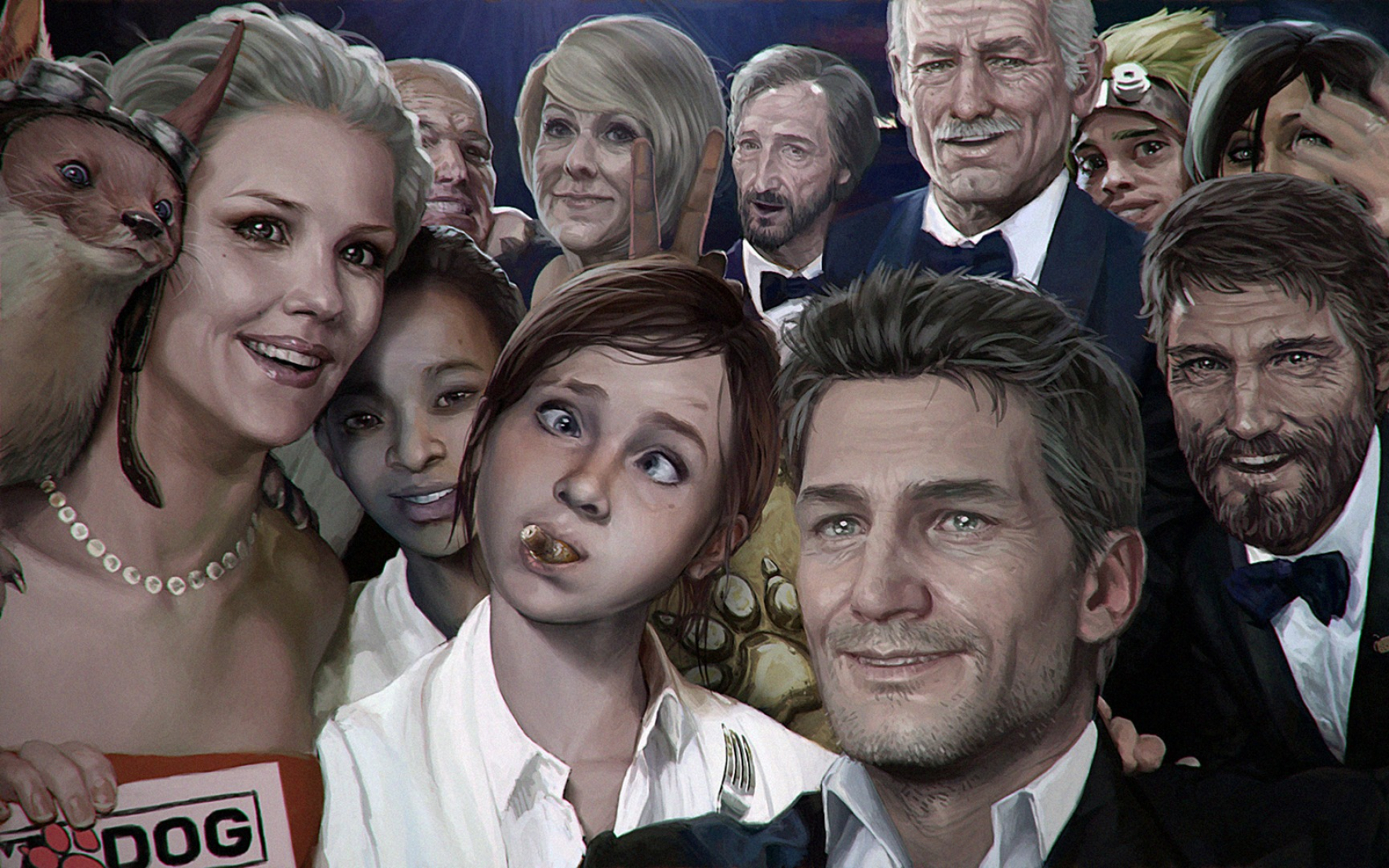Thought can never do anything other than bring us into one stale equilibrium state or other and yet investing in thought, and the structures that thought has created, is all that we do. Thought is the universal mediator of all our activities. What is it about stale equilibrium states that we love so much, therefore? What’s the attraction? An equilibrium state is a state within which change has ceased to exist; it is ‘the journey’s end’, so to speak. It is when we finally arrive (or think that we’ve finally arrived) at whatever place we were so hopefully travelling to. From a purely physical point of view, this means that the system comes to rest in a stable configuration. It settles down to an inert state. From a psychological point of view however we can see that the connotations are very different from this – from a psychological point of view there is implication, either implicit or explicit, but all our problems are now over and that we have reached some kind of blessed state of being. It’s actually the Holy Grail we’re chasing after, in other words – it is something that means far more to us than we consciously understand.
The reason we are so firmly orientated towards goal states is because of this – our goals very often represent more than what they actually signify in real or practical terms. The reaching of the goal represents the joyful elimination of all our existential angst and this implicit promise beckons us onwards like a siren’s call. This is what ‘unconscious living’ is all about – it’s about following the siren’s call in all things. The siren keeps calling and we keep following. Wherever we go and whatever we do we are hearing that hypnotic call and responding to it; we ‘respond’ by shuffling ever onwards, like one who is hypnotised, like one who is under a spell or enchantment. We are gravitating towards something that doesn’t exist however – we’re gravitating towards the magical state of being in which all angst is laid to rest, in which all our nameless insecurities are finally put to bed.
Even though this projected ‘magical equilibrium state’ (which is like Nirvana or Valhalla or the Promised Land to us) is unreal, this doesn’t mean that we don’t have a very pronounced and completely unquestioned tendency to orientate ourselves towards what we see as a ‘final state’. Just because there is no such thing as a ‘final state’ doesn’t mean that we can’t create subjective states of being’ which seem to be final, which give every impression of being final. We actually do this all the time of course – it’s just about all we ever do. Our characteristic activity is that we bring about subjective ‘equilibrium states’ for ourselves which we then inhabit and make a life for ourselves within just as if they were real, just as if they genuinely did exist. Every time we think about the world or label the world or try to understand the world we create a subjectively real equilibrium world for ourselves to live in; as we have said, thought only deals in E-states and all it can ever do is to lead us to E-states of one sort or another. Thought can never take us anywhere else, and yet at the same time the bottom line is that E-states are not real. It is redundant to say that E-states aren’t real since the whole point of ‘an equilibrium’ is that things have settled down to some sort of stable configuration, that they have come to ‘permanent resting place’ – like a rolling stone comes to a permanent resting place when it rolls to the very bottom of the hill – and the universe, taken as a whole (as it must be) is never in a ‘resting state,’ is never in ‘a state of equilibrium’. Naturally any type of description is going to be ‘stale’ or ‘static’ – whoever heard of an unstable (or fluid) description, or a description that doesn’t in some way try to define (however generically) some specific state of affairs? All descriptions are static just as all thoughts and ideas are. On the everyday scale of things this works very well, generally speaking; there is great utility in descriptions, ideas or thoughts. When it comes to the wider scale of things however, having descriptions or theories or beliefs is not a useful thing – it’s not a useful thing because we doing this we automatically turn the whole of reality into freeze-frame or equilibrium state when it isn’t. By doing this we turn the whole of reality into some kind of a ‘comfortable resting place’ and this is the last thing that it is. There’s nothing ‘cosy and comfortable’ about reality at all! ‘God is not nice, God is an earthquake’, as the old Jewish proverb has it.
Thought is of great value on the small (or ‘local’) scale of things therefore; it is very useful in a limited way, which is to say, when it is utilised ‘within its correct remit’. When used globally, across the board, for ‘every possible thing’, then it is an unmitigated catastrophe, a catastrophe of unparalleled proportions. No one ever says this however – no one says that thought can only bring about equilibrium states or that when we turn everything into an E-state then this is catastrophe of unparalleled proportions. No one never says this despite the fact that it would be of the greatest possible importance for us to know it and so for us to claim, as we do claim, that we are ‘taking heed of all the important things’ when we are heedless of the most important thing of all, put us in a ridiculous position. We’re self-important to be sure, but at the same time we’re fools. This might sound like a strong thing to say but there’s no other way to put it: we are ignoring most important condition of our existence and as long as we are doing this then everything we do anything is going to be entirely futile. Our whole lives will be futile, hard though it might be to take this on. The question is therefore: ‘why is living in an equilibrium world such a terrible catastrophe?’ This is after all very far from being apparent – life generally seems to be going pretty well for us in the equilibrium state. There don’t seem to be any inherent problems with this. In what way is life in the E-world not ‘perfectly fine’? The answer to this question is inherent in the term ‘equilibrium state’. An equilibrium state is a fixed or static state – there is – as we have already said – never any chance of genuine change taking place in it and so no matter what direction we might be travelling, we are never going to get anywhere different. We are never going to get anywhere else apart from ‘where we already are’. All roads lead to Rome, so it is said, and in the case of the Equilibrium World not only do all roads lead to Rome as a destination, all ‘points of origin’ are referenced in terms of Rome too. When our starting-off position is being seen in terms of the equilibrium state (because it is being defined by reference to it) then the only value it can have is the value of ‘an error that has been corrected’. This is a like a person who has been converted to a dogmatic religion such as Catholicism – what they used to believe before converting doesn’t matter because the church’s view is the only possible ‘right’ one. The E-state subsumes everything within it; all stories are rewritten by reference to it and so there is nothing that is not it. Rome subsumes all, in other words.
Where we have been defined by the E-state as ‘having just come from’ and where the E-state defines us as ‘travelling to’ are both the very same place and yet – despite this – we still live on the basis of post the supposed ‘progress’ that we are to make (i.e. ‘the meaningful change that is supposedly going to happen in our lives’). This, we might say, is the central peculiarity of life in the Equilibrium World – it is the supreme irony of life in the Equilibrium World. When we are adapted to the E-world then we can’t see the irony at all, we are flatly incapable of seeing it, but the more non-adapted perspective we get on things then the more starkly it is revealed. Where we have no perspective (i.e. when we 100% adapted to the system) then the illusory type of change that the system provided us with very real to us and – consequently – we are very highly motivated to engage and invest in it. Purposeful activity seems like ‘the bee’s knees’ to us. When it appears to us that we are progressing then we experience euphoria and when there is the (very believable) appearance of us losing ground then it is the bitter taste of dysphoria that we get to sample instead. The ‘invisible irony’ is therefore that the whole time we are trying to do well in terms of the progress markers that had been provided for us, the whole time we are striving to bring about our goals, all we are doing is reaffirming the same old dead equilibrium state. All we are doing is striving mightily to bring about the situation that is already inherent in our ‘starting-off point’ and experiencing triumph if we succeed and bitter despair if we don’t. When we assert our goals we assert what was already there right from the very beginning – there’s certainly nothing new about them. How could there ever be anything ‘new’ about our goals when it’s a same old thinking we’re using in order to formulate them? What we are really trying to do when we make and then try to achieve our goals is prove that the assumptions underlying them are valid and this is the secret reason that we feel so good when we succeed; on the face of it we feel good because we have obtained the goal (pause for applause) whilst really we feel good because we have overtly proved to ourselves that our half-baked assumptions about the world are correct. Conversely, when we fail at the task we’re not feeling bad for the reason that we think we are (i.e. ‘because we’re losers’) but because we haven’t managed to covertly validate our underlying assumptions and – as a result – can’t help becoming painfully aware of their lack of validity. This is what life in the E-world is all about therefore – the whole thing is a non-terminating exercise in pointless self-deception, and we should never let anyone tell us otherwise.
All of the above can be seen in terms of extrinsic versus intrinsic freedom. Intrinsic freedom is the freedom that we already have and that no one can ever take away from us whilst extrinsic freedom is freedom that some external authority has granted us (on its own terms, of course). Extrinsic freedom is ‘freedom within the terms of a game that has been imposed upon us’; it is ‘freedom that we have been told that we have’, in other words. The reason we are saying that that game has been ‘imposed’ on us is because we haven’t been made aware that the game in question is ‘a game’; if we knew this was a game (i.e. if we knew that it was ‘an artificial structure’) then the meaning of what goes on within the context of this structure or within this game would be seen to be only relatively rather than absolutely true. If we knew the game to be a game then we would know that we are free to either play or not play, but because we don’t we aren’t aware that we have this freedom and the lack of this awareness puts a very different perspective on things. When we are in the Realm of Extrinsic Freedom (which is the Mechanical Realm) then we are utterly oblivious to the existence of intrinsic freedom, in other words. There is nothing more incomprehensible to us than the thing that we’re calling intrinsic freedom when we are dwelling within the realm of EF. It is utterly incomprehensible to us and if it were to impinge upon us in such a way that we couldn’t ignore it then our reaction would be one of pure fear and we can define ‘fear’ by saying that it is the complete antithesis of curiosity. Far from being curious about our inherent freedom therefore (that freedom which can then be taken away from us and which we can never give away either) we flee from it for all we’re worth; we don’t know what with fleeing from or why, we just want it to go away. We just want to return to our nice cosy equilibrium zone, we just want to go straight back to sleep!
Intrinsic freedom is the enemy of extrinsic freedom because it falsifies our games. The way the game works – as we have said – is that by being adapted to the E-world we see ‘progress within the game’ as real progress and this makes us feel euphoric when we imagine that we have succeeded or that we are going to be able to succeed. Euphoria is the ultimate currency in the E-world; there is nothing better or more important euphoria. Being adapted to that E-world means losing perspective, and ‘perspective’ can be explained by saying that it is the awareness that the E-world is not the only world there is. This awareness necessarily falsifies the premise of the equilibrium state, which is as we keep saying that it is the only valid world. The premise of the E-state – the thing that makes it into the E-state – is that anything not making sense in terms of its laws is error and nothing more and so were we start looking at these errors with new eyes, and be curious about them rather than ‘automatically denying of them’ then this would spell the end of that E-world. It is our ‘denial of anything else’ that creates the equilibrium world therefore and our denial of anything else, our non-negotiable refusal to admit the possibility that there might be another way of looking at things, is what is more commonly known as fear. What else but fear (or denial) could cause us to automatically label reality as ‘error’, after all? What else could turn everything on its head like this?
Equilibrium states are not ‘sinister’ when it is physiology that we talking about – the physical body may be quite accurately described as being comprised of a collection of dovetailing equilibrium states after all – but psychological equilibrium states always are. A ‘psychological equilibrium state’ is the denial of reality itself. It is a denial of reality itself since reality is not (and has nothing in common with) any equilibrium state. An E-state may be described as being made up of two things: [1] is the abstract (or extrinsic) value or standard that is being arbitrarily imposed and [2] are all the variables in the system that are to be brought under the sway of that abstract value or standard. This always creates an oversimplification of the underlying situation since the variables would not be conforming to the imposed framework of extrinsic order unless that ‘coercive mechanism’ were in place. The situation would otherwise be a much richer one, in other words. Any state is the result of a ruthless ‘big squeeze’ being put on a situation that is inherently unlimited (and therefore rich in possibilities) such that all this richness or diversity has been gotten rid of by automatically labelling it as error (which is another way of saying ‘by automatically refusing to look at it or in any way become aware of it’). Reality is thus drastically ‘narrowed down’, but the thing about this is that there is no such thing as ‘a narrowed-down version of reality’, a type of reality that is not ‘rich in possibilities’, a type of reality that is not ‘inherently unlimited’. What’s actually happening is that the set of rules which are being brought to bear are creating a situation where ‘the world that is being subjectively perceived’ is a faithful reflection of the rules that are being used to create it, and so this is a tautology. This is a tautology and the thing about tautologies that they aren’t real. This is exactly what thought does therefore – it creates a world which is a faithful reflection of its own unexamined assumptions and this apparent world (or ghost-world) is what we have been calling ‘the equilibrium state’.
Image – istockimages.com






